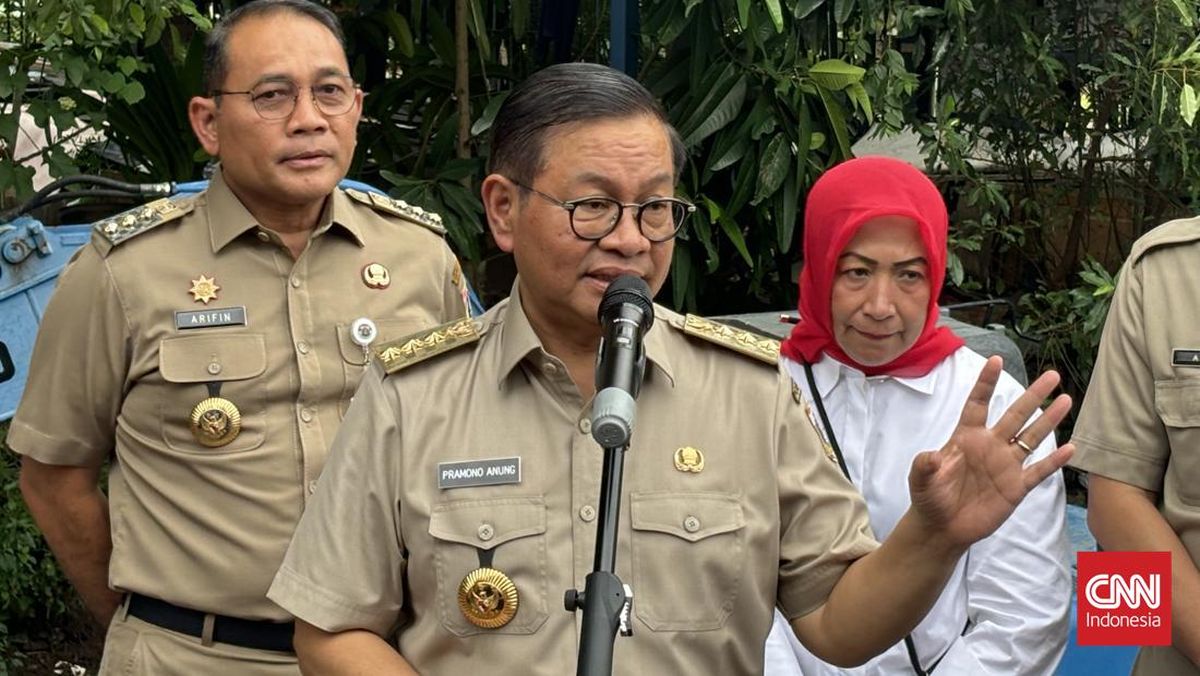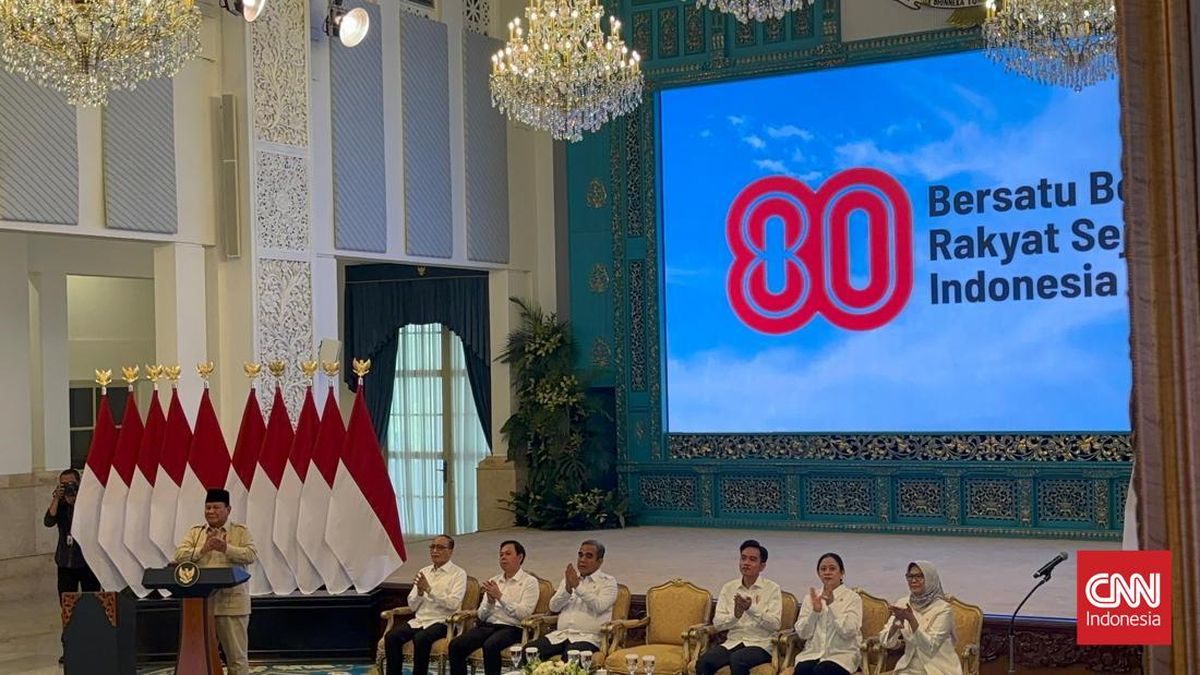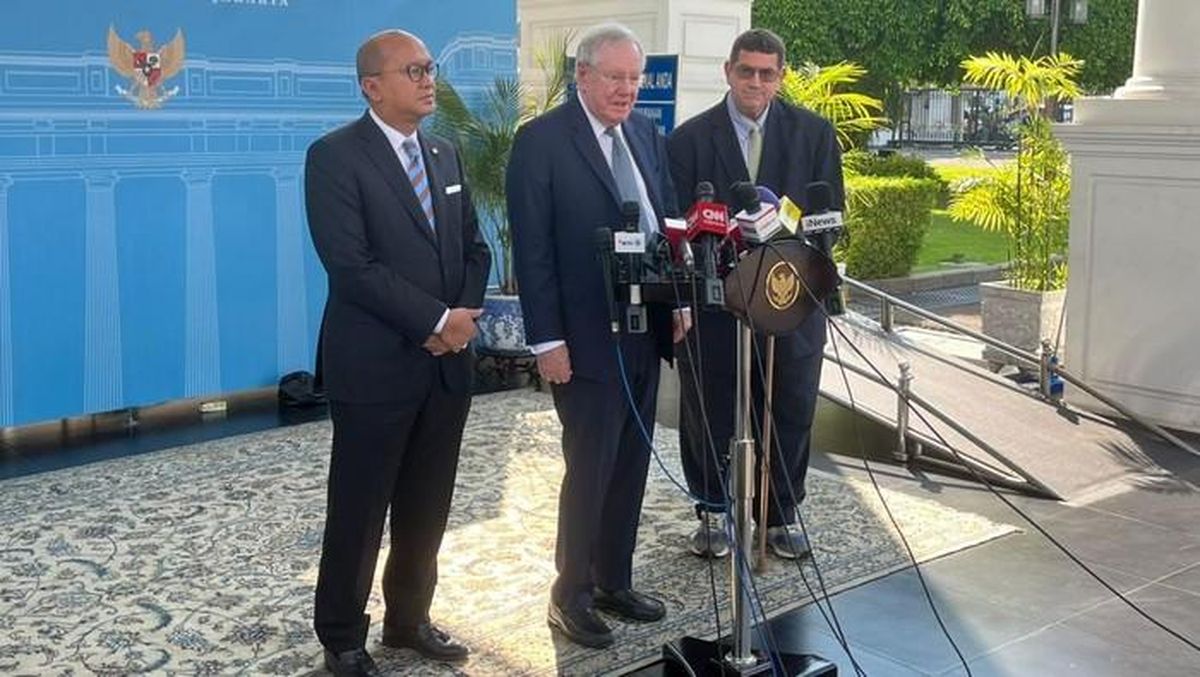The Albanese government wants the Gaza war to end now. So do most Israelis
The Albanese government wants the war in Gaza to end immediately. So do the vast majority of Israelis, not that you’d necessarily know that from Australia’s tribal and often frustratingly simplistic domestic political debate.
Australia and 27 other countries this week signed a joint statement arguing that “the war in Gaza must end now” and condemning the Netanyahu government’s aid delivery model. Israel’s foreign ministry and ambassador to Australia criticised the statement, as did the Coalition and local pro-Israel groups.

Israeli Prime Minister Benjamin Netanyahu has been accused of continuing the war for political reasons. Credit: AP
“All statements and all claims should be directed at the only party responsible for the lack of a deal for the release of hostages and a ceasefire: Hamas, which started this war and is prolonging it,” the Israeli foreign ministry said.
In Israel itself, however, the idea that the war has gone on for far too long is utterly mainstream. As is the idea that the Netanyahu government bears at least partial responsibility for the failure to bring it to an end.
A poll last week released this month by Israel’s highest-rating television network, Channel 12, found that three quarters of Israelis want the war to end in exchange for a deal that would release all the remaining hostages at once. This included 60 per cent of people who voted for Prime Minister Benjamin Netanyahu’s conservative coalition. A majority of Israeli voters said that Netanyahu’s handling of the war has been bad, and 49 per cent believe he is resisting a comprehensive ceasefire and hostage release deal for political reasons.
These findings reflect repeated polls over many months showing most Israelis are fed up with the war in Gaza. Similarly, during a reporting trip to Israel last month, photographer Kate Geraghty and I found a pervasive fatigue with the war and an overwhelming desire to secure a hostage release deal. “Finish it, it’s enough,” car salesman and passionate Netanyahu supporter Ronen Sha’a Shua told us, reflecting a common sentiment. “We can’t move on until our hostages come back.”
Loading
Asked about the joint statement signed by Australia, Opposition Leader Sussan Ley said the “most important” thing was rescuing the 50 hostages that remain in Gaza, of whom around 20 are believed to be alive.
Most Israelis agree. Crucially, though, they believe that the war is hindering rather than helping secure the release of the hostages. The most passionate Israeli advocates for ending the war are the family members of the remaining hostages in Gaza. Many of these relatives are also fierce critics of Netanyahu, whom they believe has made the release of their loved ones a low priority and has continued the war to placate the far-right members of his governing coalition. Convinced that lobbying the Netanyahu government is an almost futile effort, many have turned to pleading with US President Donald Trump to secure the release of the hostages.
According to well-sourced reports in the Israeli media, the head of the Israeli military, Eyal Zamir, has repeatedly advised the government that the military operation in Gaza has exhausted its usefulness and that Israel should pursue a deal to secure the hostages’ release. A ceasefire agreement seemed imminent when Netanyahu travelled to meet Trump in Washington earlier this month, but negotiations are still dragging on with seemingly little urgency. Hamas, it should almost go without saying, has also been difficult and self-interested at the negotiating table, prioritising its agenda over the wellbeing of civilians in Gaza.
Loading
The strong support for ending the war in Israel has little to do with sympathy for the Palestinian people or despair at the images of death and destruction in Gaza. Polls have shown most Israelis believe there are no innocents in Gaza, for example, almost two years after the monstrous attacks of October 7. Even though former Israeli prime minister Ehud Olmert has accused Israel of war crimes and the “indiscriminate, limitless... killing of civilians” in Gaza, the primary reasons for Israelis wanting to end the war are internal: securing the release of the remaining hostages and ending the deaths of Israeli soldiers fighting in Gaza.
Still, they want the war ended quickly and know that, as much as they would like to see it happen, Hamas will not simply surrender and release all the hostages without compromises on Israel’s behalf. The statement signed by Australia and the other nations acknowledges: “A negotiated ceasefire offers the best hope of bringing [the hostages] home and ending the agony of their families.”
In a confusing contradiction, the nations also advocate for the “immediate and unconditional” release of the hostages and an “immediate, unconditional and permanent” end to the war. Both ideas are magical thinking. As those involved well know, the end of the war and the release of the hostages are very much conditional.
Most Viewed in Politics
Loading














































